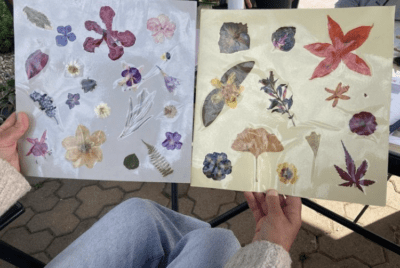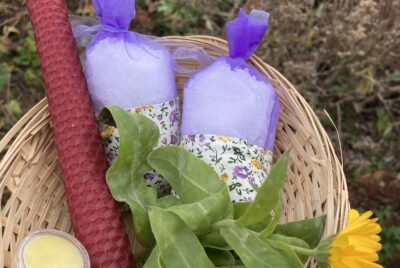RESEARCH
Value of edible horticultural therapy for schizophrenic
Summary
This study investigated the impact of edible horticultural therapy (EHT) on long-term hospitalized female patients with schizophrenia. Sixty patients were randomly divided into an EHT group and a control group. The EHT group received a six-session program involving activities like planting lettuce, tasting hawthorn, and planting mint, in addition to drug treatment, while the control group only received drug treatment. Researchers assessed clinical symptoms, social functioning, and life satisfaction using the Brief Psychiatric Rating Scale (BPRS), the Chinese version Scale of Social Functioning for Psychotic Inpatients (SSFPI), and the Life Satisfaction Index A (LSIA), respectively, before and after the six-week intervention.
The results showed that after six weeks, the EHT group had significantly improved social functioning (higher SSFPI scores) and life satisfaction (higher LSIA scores) compared to the control group. The EHT group also showed a significant reduction in clinical symptoms (lower BPRS scores) compared to their baseline and the control group. The study concluded that EHT may be valuable for improving clinical symptoms and aiding in the recovery of social function in female patients with schizophrenia.







